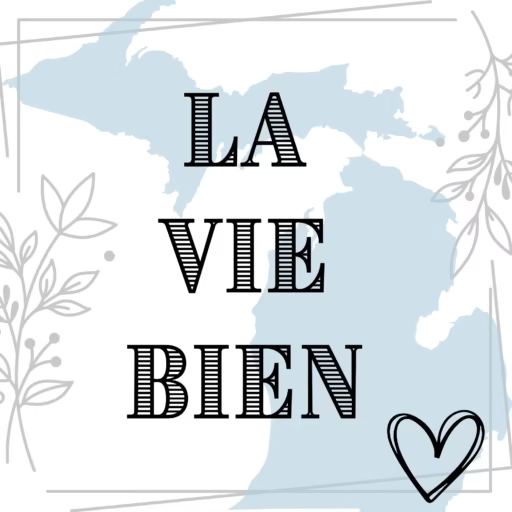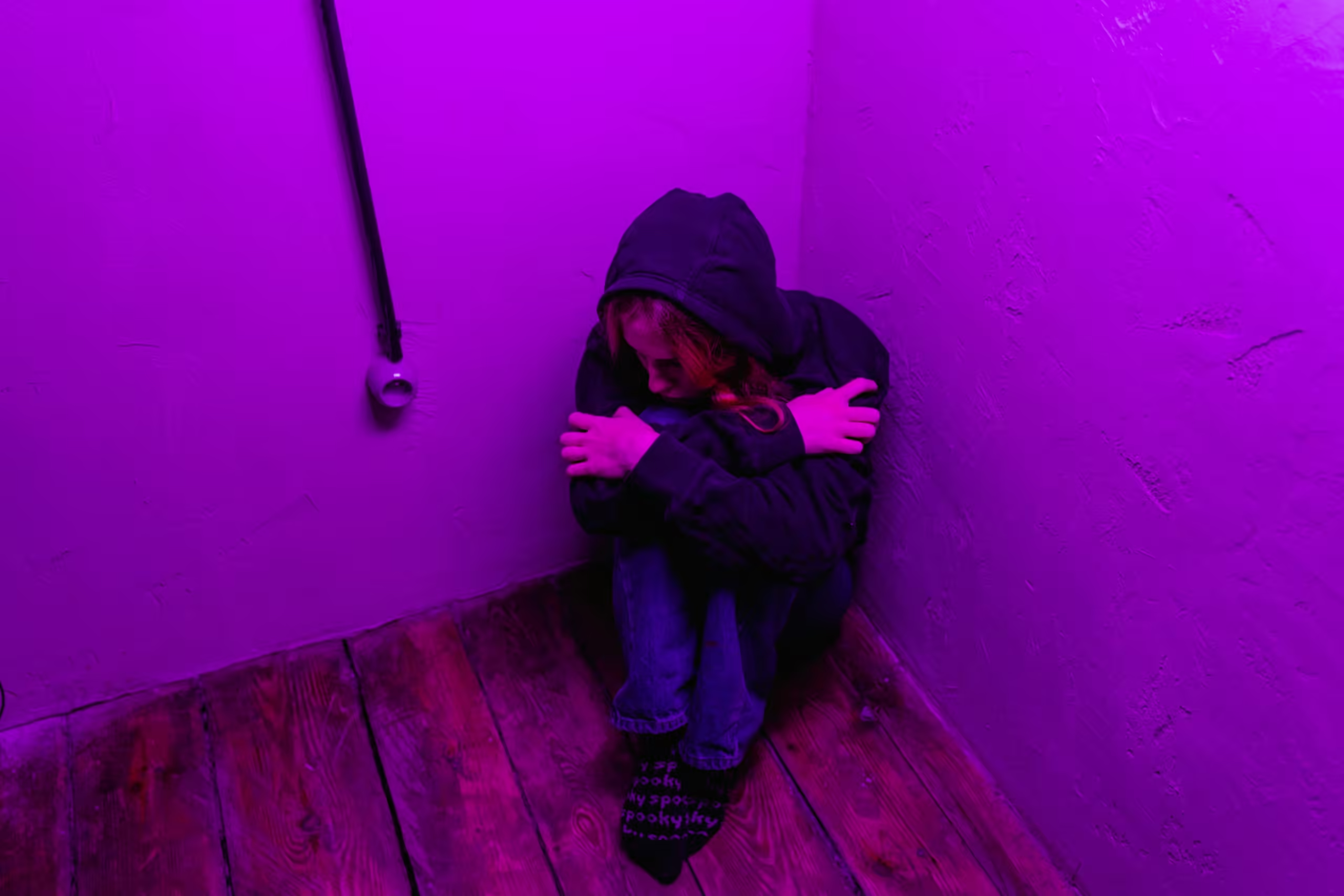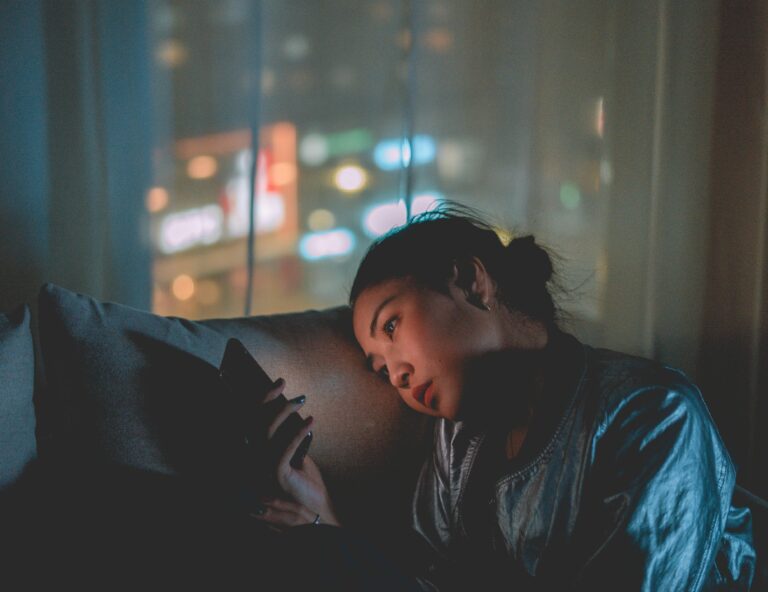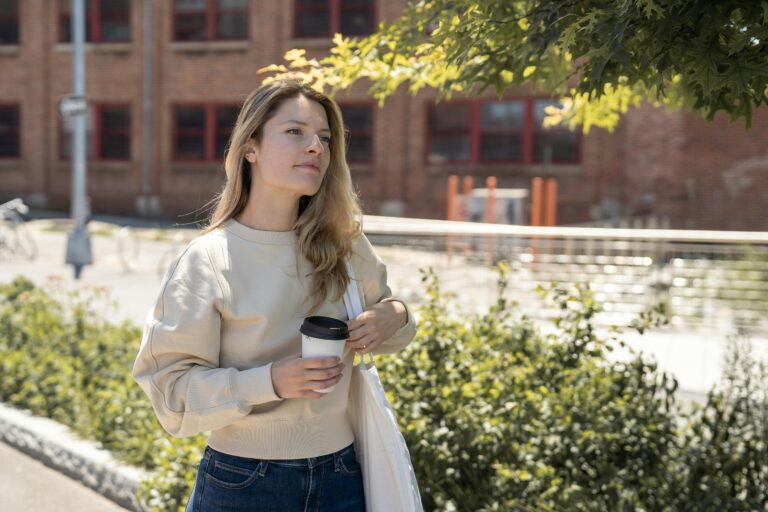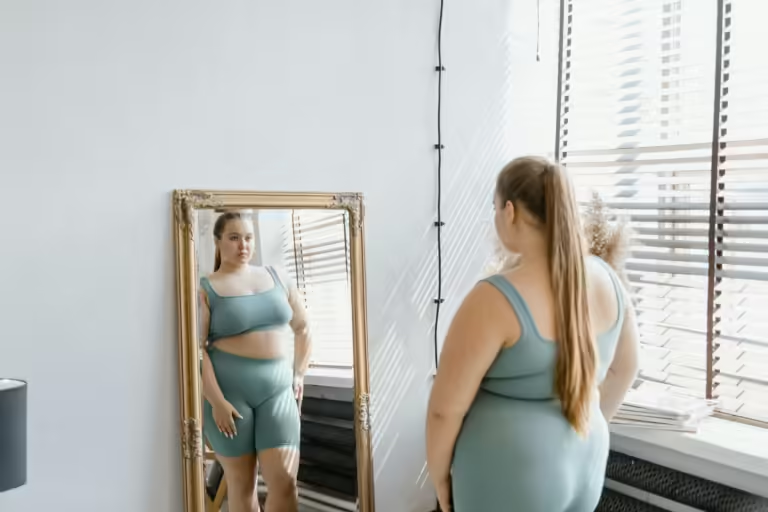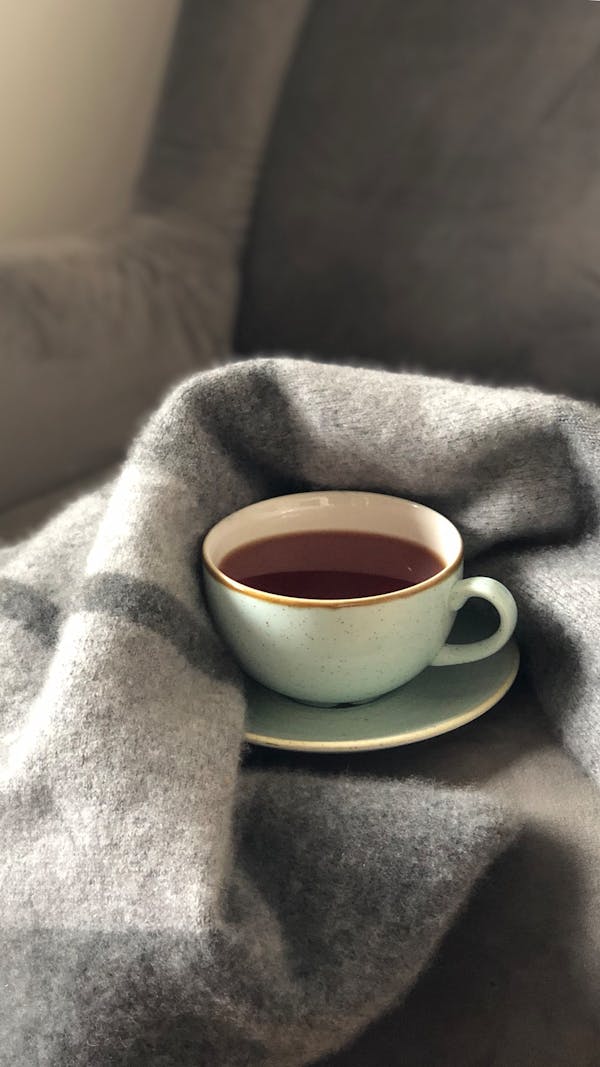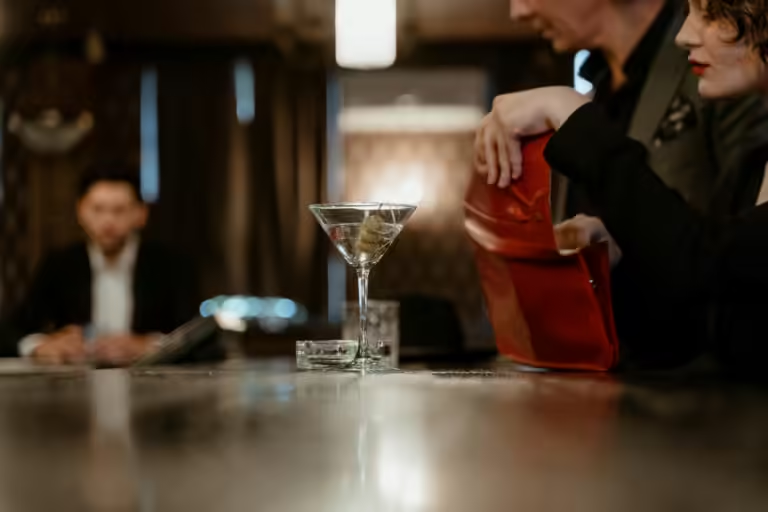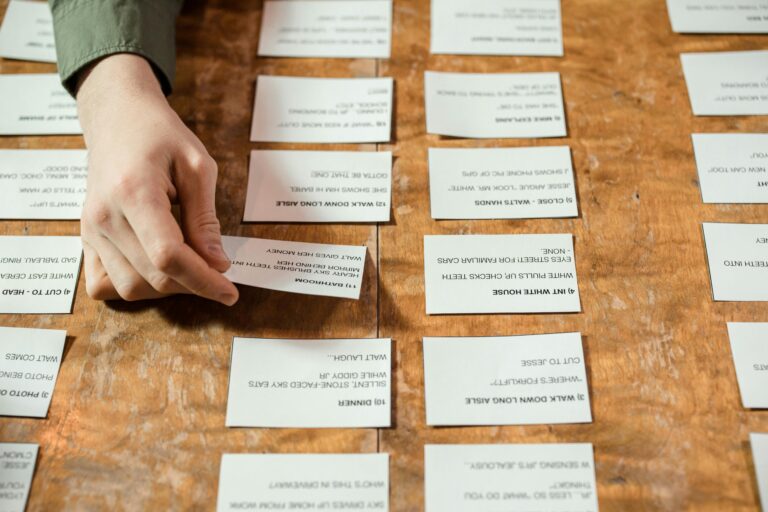How I stopped my panic attacks
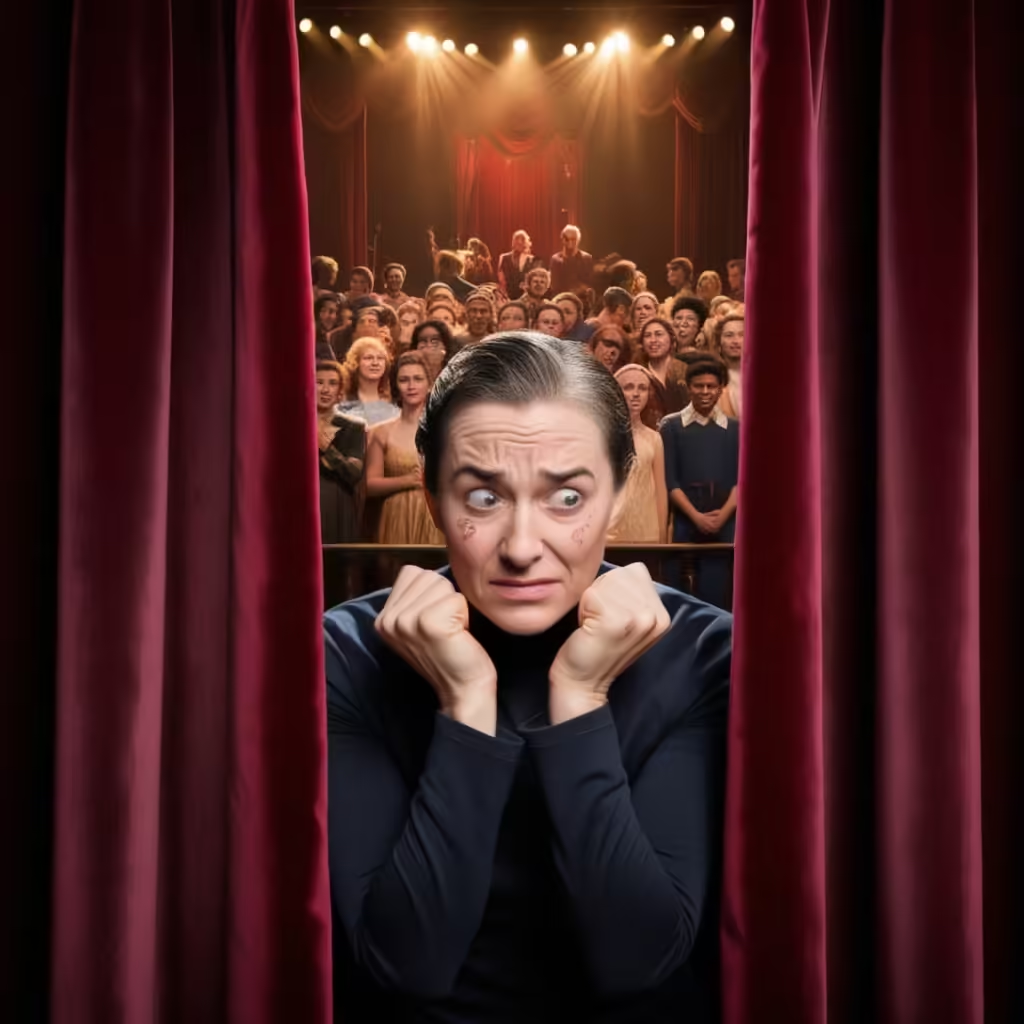
My story
I’ve lived with anxiety for a long time. I struggled with it the most after college, beginning in my earlier twenties, and when I started my adult career. From various difficulties with my friendships and relationships to one particularly bad boss, I started to feel that (now all-too-familiar) dreaded feeling of panic: The hyperventilating, the immediate need to flee, the racing heart. The first few times, I didn’t immediately know what these symptoms meant. I just knew I was being triggered by something, and I needed to figure out how to calm myself down.
Symptoms of increasing anxiety and stress
The first time I recall feeling the symptoms of a panic attack, my (then) boss was demanding a deliverable from me but wasn’t giving me the details I needed to do the work. When I asked him for details on what exactly he was needing, he barked back at me “just get it done!”, and I instantly flew into panic mode. I didn’t know the symptoms I was feeling were resulting from a panic attack. I instantly called my friend, a coworker of mine, and explained to him what our boss said to me, and he encouraged me to step outside (which I did). The prominent feeling I recall from that moment (that seems to be a factor in all my panic attacks) was the burning desire to run, so I got in my car and started driving.
It took me maybe 15 minutes to calm down, through talking to my friend and trying to breathe deeply through the tears and what felt like a spinning head on my shoulders. It wouldn’t be the first time my boss upset me so much to the point of breaking down, but it was enough to push me to start looking for new employment elsewhere. Fortunately, I was able to find employment as a French teacher (taking a $10,000/year pay cut in the process), removing me from the worst boss I’ve ever had, and one of the sources of my anxiety and constant stress.
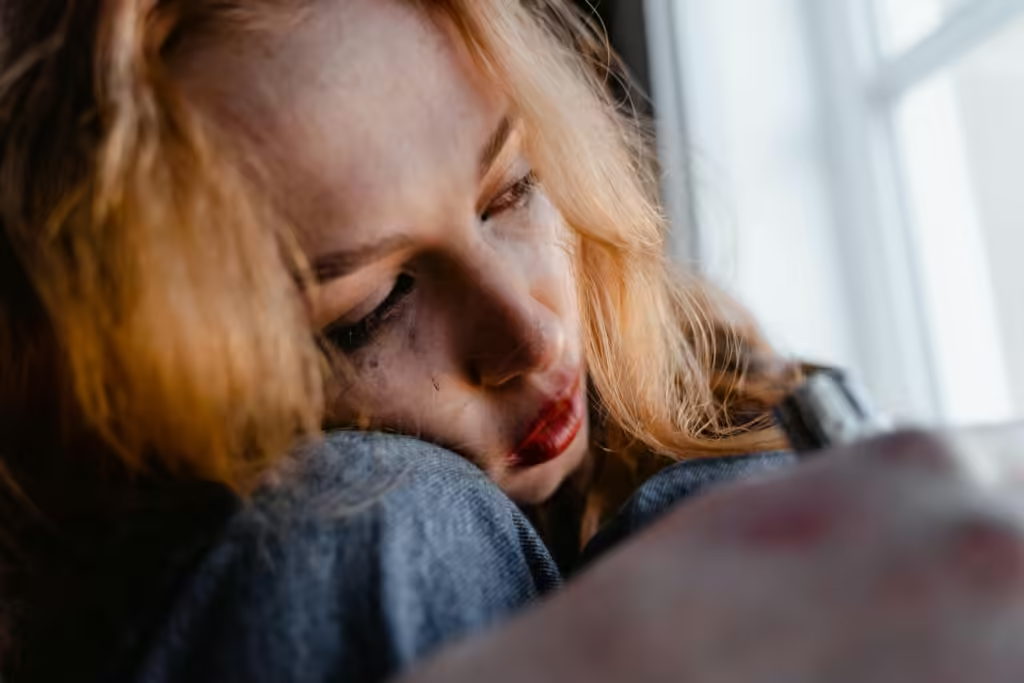
Identifying the triggers
After having experienced at least two panic attacks while with my (now former) employer, I thought that I was rid of them for good. Much to my surprise, they would creep back into my life during one of the moments I hold the most dear to my heart – performing.
I was just about to perform with a community choir at a private performance of maybe 150 attendees when I started feeling unusually nervous. I never had stage fright, but it felt to me like I was having symptoms of it – I was uncharacteristically nauseous and I thought I maybe just needed to eat a snack. The pretzels I brought were unappetizing to me, so I knew it was probably just nerves. I was starting to worry at this point, because I never before felt anxious in this way before a performance.
Fight or flight
When I entered the stage to perform with my fellow singers, I got through the first song or two, but as we quickly approached the song where I happened to have a solo, I started hyperventilating and could barely focus on my music. This experience was incredibly new to me, and I was terrified. Not knowing what to do and feeling like my body was giving up on me, I turned to the person next to me and desperately asked them to sing my solo for me – and I fled the stage. I ran out into my car and called 911 because I thought, in my intense brain fog and fear, that I might be dying.
The ambulance arrived and immediately put me on oxygen. They asked me a few questions and instructed me to breathe slowly in through my nose and out through my mouth. After doing this for a few minutes, the wonderful Emergency Medical Technician who helped me out that evening suggested that I was having a panic attack. There was no need to go to the hospital once we realized what was going on. After the show inside the venue had ended, my choir director, Kevin, ran out to the ambulance to check on me to make sure I was okay. I was incredibly embarrassed and apologized to Kevin up and down, while he told me he just wanted me to be okay, and that was all. I am still so incredibly grateful to Kevin to this day for being so understanding during one of the most terrifying moments of my life.
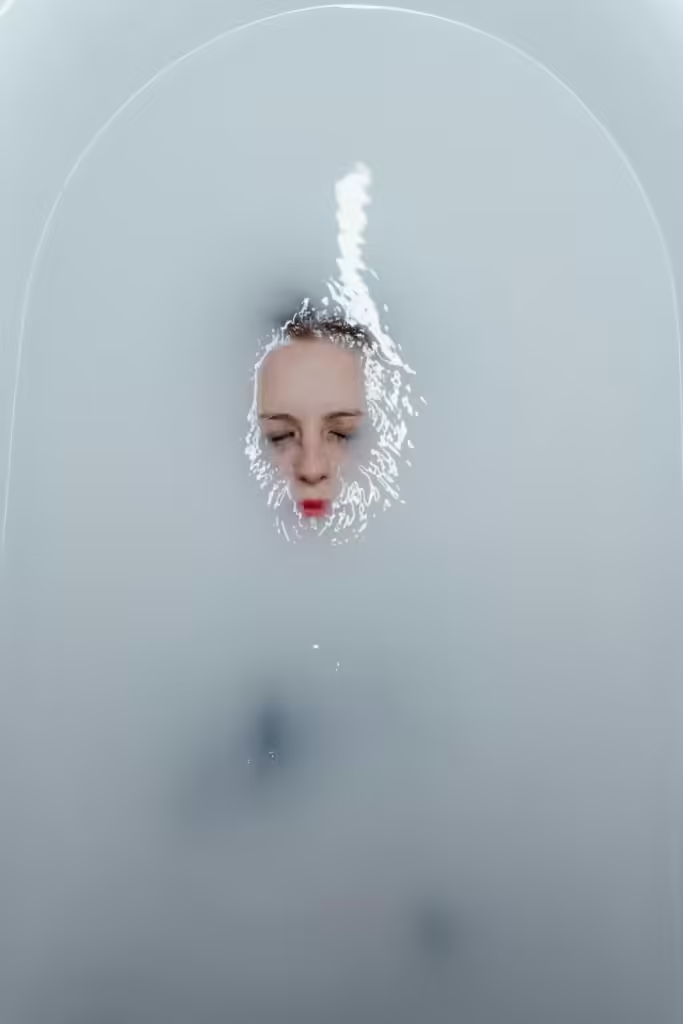
Misdiagnosing my symptoms
After the first panic attack during that concert, my black-and-white, logic-based brain was desperate to make sense of what had happened and why, after 20 years of performing, I suddenly started to have performance anxiety. I needed answers, and sought out a therapist that specialized in anxiety disorders. I started seeing Dr. Rice, who talked me through my life as a performer and my overall mental health. He helped me to understand that what I have is Generalized Anxiety Disorder, and that having anxiety means that panic can be a result of increased stress hormone and an inability to manage symptoms that arise when stress levels spike. Dr. Rice helped me realize that I did not have a fear of performing, but instead, anxiety that I needed to learn to control in healthy ways. After the first panic attack I had while performing, I incorrectly assumed that I just developed stage fright seemingly out of nowhere. Dr. Rice told me that my fearing that I would have another panic attack at the next performance could become a self-fulfilling prophecy: If I obsessed over worrying whether I would have one again, there was a good chance that it would happen. Instead of obsessing over this worry, I needed to identify ways to manage the anxiety at the root so it wouldn’t continue to swallow me whole and take over my life, preventing me from continuing to enjoy doing the things I love. I have had attacks before when not onstage performing, so logically, it made sense that performing was not the cause of my anxiety.
Tools to handle stress and anxiety
After many sessions with lots of questions asked and answered, we came to the conclusion that I wouldn’t need medication to resolve my anxiety, but it would be an option, if I desired. Never being one to prefer taking medication right off the bat if I have other options, I will usually always opt for a natural method of healing before turning to pills. Dr. Rice asked me if I’d ever heard of transcendental meditation. I had heard of it, but never actually tried to meditate. He encouraged me to practice meditating before my performances, a practice that I have since adopted and now continue to do before every show.
He also taught me the practice of grounding, where you focus on your environment by naming things you can see, touch, sell, hear, and taste. I was able to apply this practice when I had another panic attack in the middle of a musical I performed in later on in 2019, where I could not leave the stage as I was in character, frozen in position for several minutes while another actor went through his monologue. While my body started to heat up and sweat dripped down my forehead, I stepped through my grounding steps and after the monologue was finished, I felt a sense of relief I’ve never felt before, and was so incredibly proud of what I’d just accomplished. Not a single person onstage with me or in the audience knew at the time I was undergoing a panic attack at that moment.
Living in the present moment
Another thing Dr. Rice taught me was the importance of being present. I didn’t really know what this meant. When I inquired on how I might learn to be more present, he indicated that being present means allowing your mind to focus what is going on here and now, and not think about the past or what is coming in the future. He gave me homework that day – on the drive home, to notice my surroundings – look at the trees, the billboards, the houses and shops. He suggested listening to the radio and to focus on what was being said. A funny anecdote I remember him mentioning that will always stick with me (partly because he always had his dog in the office with us at our sessions) was that dogs can never be anxious, because they can only live in the present. “Be more like a dog” is what I reminded myself on my drive home that day, with the mental image of his happy golden lab panting with a smile stuck in my head.
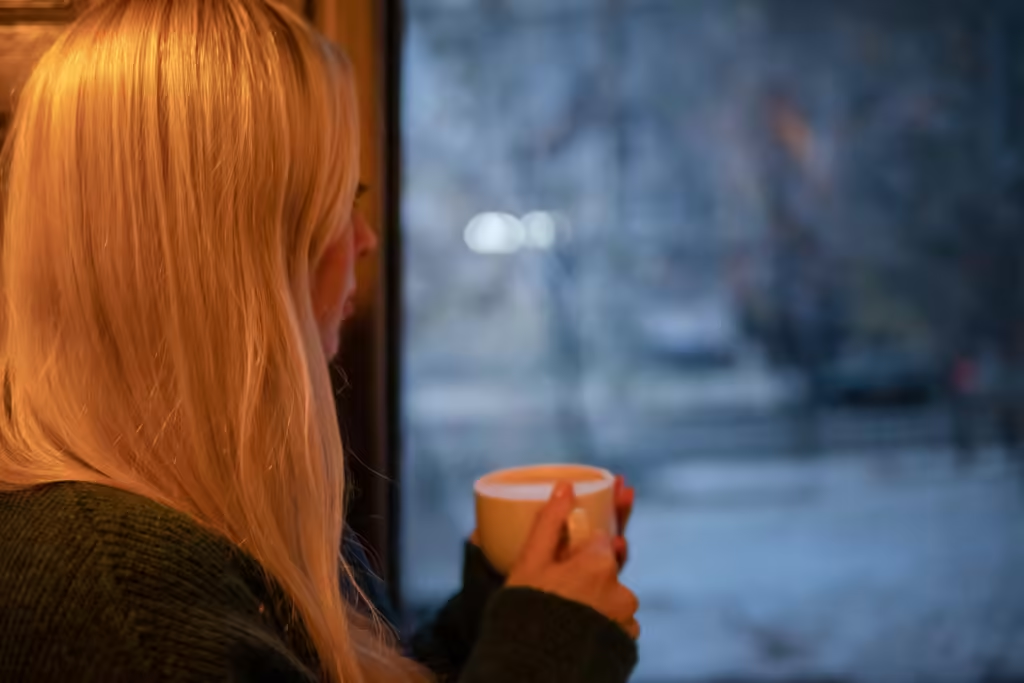
Putting my learning into practice
As I started my new anxiety management plan with the help of Dr. Rice’s meetings, I started to research additional methods that I could use to supplement calming my mind and helping me relax when I start to feel the stress settling in. I have discovered a handful of teas that I like to drink before a performance and after my meditation session that I love drinking with a dropper full of CBD oil. With my tea and my meditation, I now have a pre-show and pre-audition ritual that I never miss, and grounding methods when I am onstage help me keep my mind from spiraling when I start to feel anxiety creeping in.
In addition to my rituals, I have become much better at surrounding myself with people who appreciate me (read: better bosses and supportive friends) and I have grown so much with the realization that I can control my anxiety by practicing the techniques I’ve learned instead of letting my anxiety control me. I know anxiety is something that will be with me forever, but panic attacks will not.
